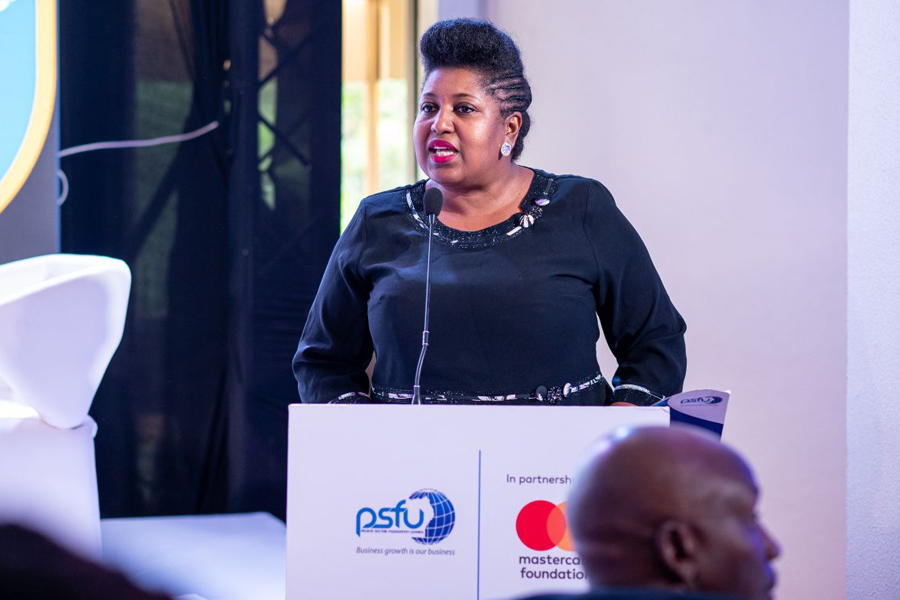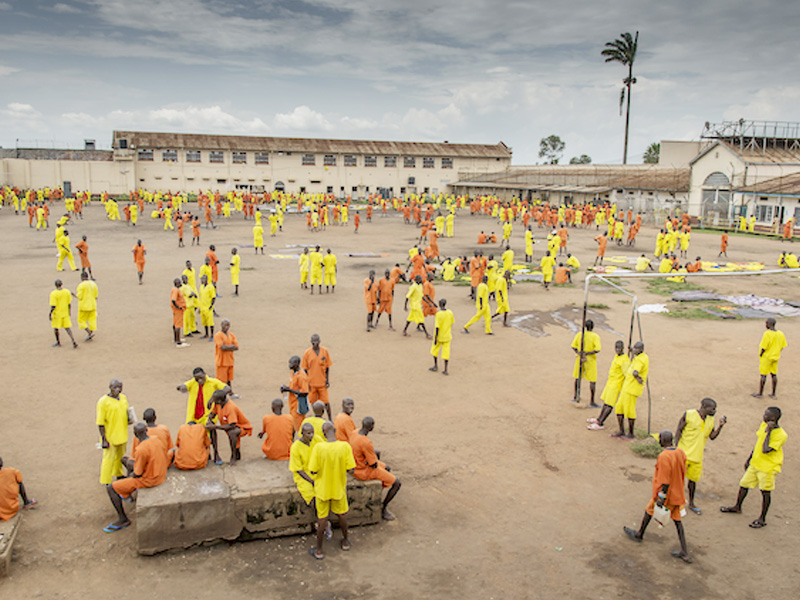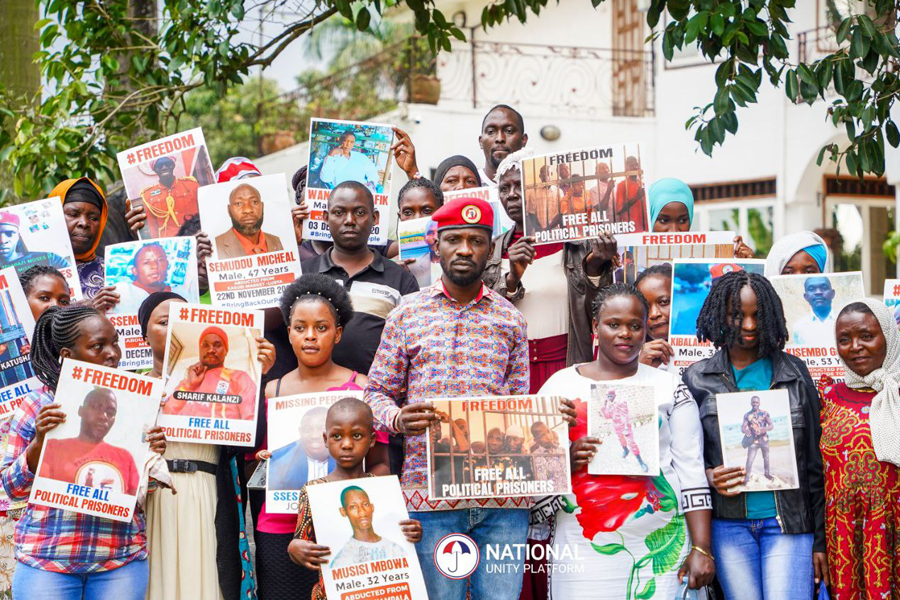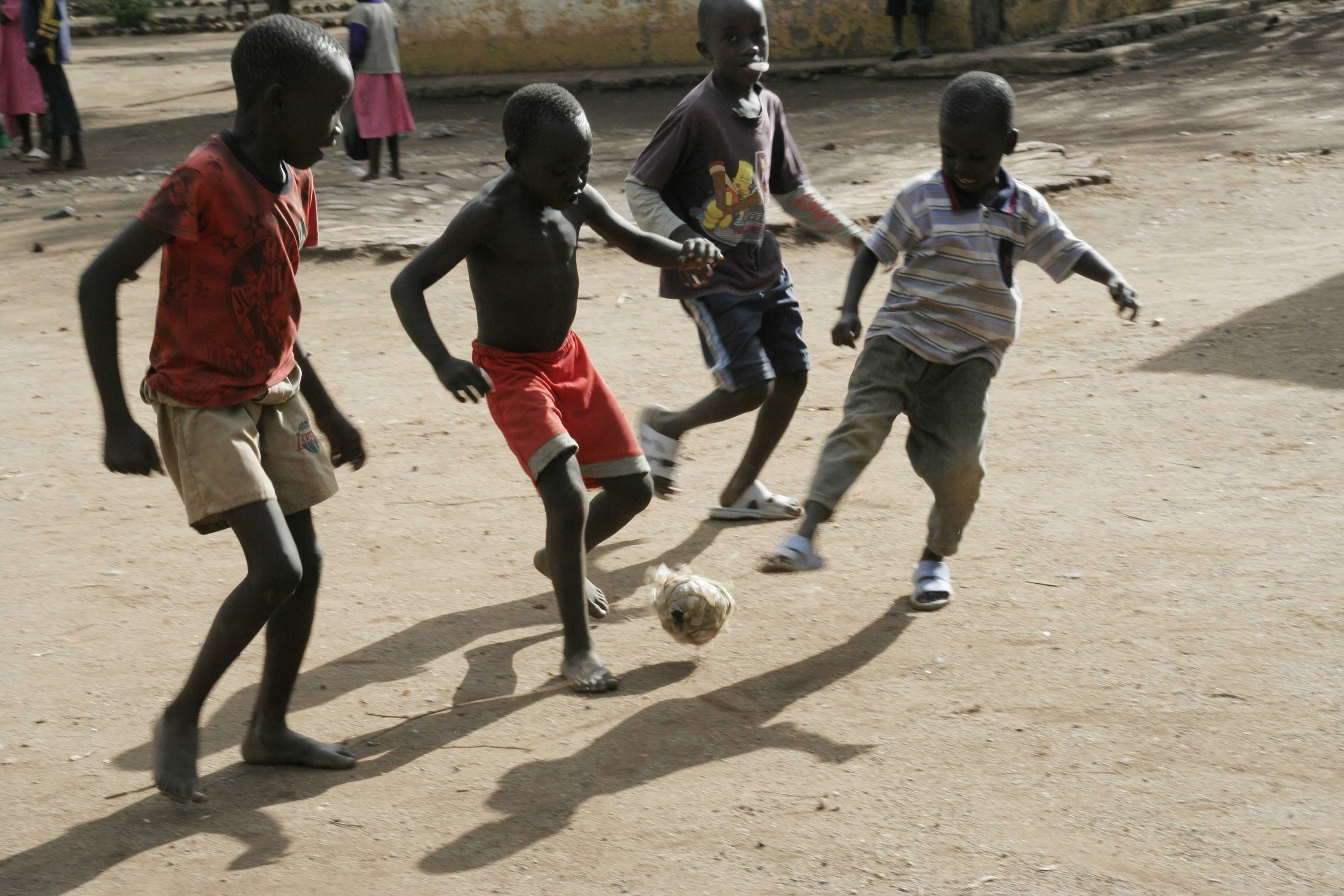How creatives are coping in the second Covid-19 lockdown
By Electine Oyaga
"I aspire to inspire before I expire," is the mantra that 25-year-old Andereya Baguma lives by.
Having grown up in Kamwokya-Bafumbira, a low-income suburb in Kampala, he has made it his life’s purpose to inspire children from similar backgrounds through music.
Inspired by African icons like Uganda’s soul musician Maurice Kirya, Late Zimbabwean musician Oliver Mutukudzi, Cameroonian-born vocalist Richard Bona and Nigeria’s Asa, Baguma went on to specialise in the genres of Afro-Soul where he sings about various human experiences and social issues.
For three years in a row, Baguma has been a full-time artist with no significant challenges coming his way until the lockdown enforced by the government to combat the second wave of the Covid-19 pandemic.
Baguma says that while the lockdown has given many artists time to pause and reflect on their craft, create more art and upgrade their skills, it has also been a tough time financially.
Baguma, like all other Ugandans, is going through a second lockdown and he says that, unlike the first lockdown, he feels a bit more mentally prepared this time.
To cope financially, he is taking advantage of his academic background that gave him a couple of skills. At the moment he is surviving on projects that pertain to music and theatre.
The creative economy consists of advertising, architecture, art and craft, design, fashion, film, music, photography, performing arts, publishing, research, computer games, television and radio among other things.
All these sub-sectors combined with trade, labor and production create diverse streams of revenue not just for the people but for the country as a nation.
According to the United Nations Conference on Trade and Development (UNCTAD), the creative industry which employs 30 million people globally and mostly youths, has dealt a huge blow because of the pandemic.
Its report further indicates that in 2020, statistics showed the cancellation of public performances alone cost authors roughly 30 per cent of global royalties while the global film industry lost $7 billion in revenues.
While Baguma feels a little more prepared during this lockdown, 26-year-old Nyinamugasha Mbabazi feels different.
Mbabazi is a young woman, making her living through art, in the industry of fashion design and acrylic painting.
Even though she is pursuing a bachelor’s degree in international trade and economics, she has been working as a full-time artist for the last five years.
Regarding the lockdown, she feels that this lockdown is worse for her as an artist than the previous one. This is because of the regression in plans and investments made on an artist’s part.
She is making efforts to survive through this period by producing more art but even the stress of the lockdown affects her creativity.
On the financial aspect of the trade, she speaks of the obviously plummeting sales. Under the circumstances, a lockdown changes people’s priority and spending habits, as they redirect their finances to satisfying basic necessities like food as opposed to entertainment.
Right now, she is getting by with the support from her family. However, she feels that perhaps, artists would not be facing such a crisis if society regarded their art differently.
In a positive turn of events, she was surprised by a move to Kampala based Makers of The Innovation Village (MoTIV) that seeks to light the path for creatives and makers.
"MoTIV actually surprised me by coming out to ask artists during the lockdown to submit their work to one of their online platforms. When someone buys the work the artist gets paid. I believe this move from MoTIV was an understanding of the struggle of the artist during this period," she says.
Her assumption is not far from the truth.
MoTIV is home to 747 creatives currently. The Marketplace Lead at MoTIV, Nick Spencer expresses empathy for the creatives during this period.
"Creatives have been devastated by the lockdown. They lack materials and are unable to access the market. This is compounded by the psychological pressure of living through the pandemic," Spencer says.
However, not all hope is lost. Spencer says that MoTIV is laser-focused on creating opportunities for the makers within the MoTIV community. Right now, with the lockdown restrictions in place, Spencer says that MoTIV is leveraging technology through the Omwoleso Africa online platform to provide a marketplace for the creatives so that they earn an income.
"One of the biggest problems that the creatives continuously face is the feeling of uncertainty and stress coming from the effects of the lockdown," Spencer says.
Other creatives including musicians have attempted using online platforms to remain in touch with audiences but even that is not done at the desired level given a number of factors such as high cost of internet and small audiences.
Throughout the lockdown, the Ugandan media has been awash with conversations on the stimulation funds that the government promised to vulnerable people.
The Author is a Public Relations Lead / Communications & Marketing at The Innovation Village













